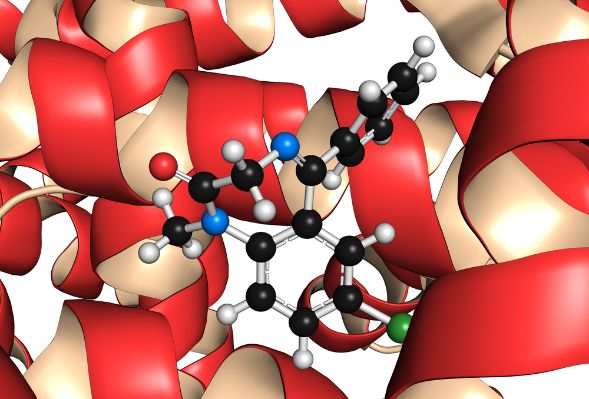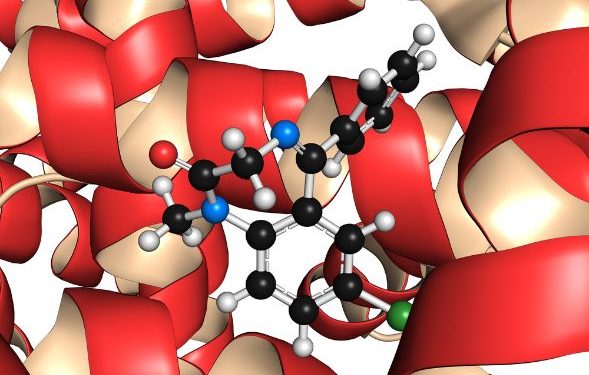Hypoalbuminemia is a condition in which serum albumin levels are lower than normal. This condition is most common in patients with a disease that affects the liver, kidneys, or heart. It can be caused by a number of different things. But one of the most common causes is malnutrition. In other words, a person’s diet is lacking protein. To correct this, the patient may be given nutritional supplements. However, dietary changes are not always enough to correct the condition. In addition, the underlying cause of low blood albumin levels needs to be addressed.
The symptoms of hypoalbuminemia include swelling of one or more parts of the body, fatigue, and muscle cramps. They can be seen in any age. They can be caused by a number of conditions, including kidney failure and liver disease. They can also result from physical injury. In severe cases, they may lead to complications, such as shock.
The symptoms of hypoalbuminemia can be mild or serious. If left untreated, the condition can worsen and impede the transportation of growth hormones. It can cause fluid buildup and other dangerous problems. In some people, it can even result in the premature death of an individual. A patient with hypoalbuminemia may be referred to a nephrologist or surgeon.
The condition usually shows up after a trauma or an illness. It may also occur in individuals who are well-nourished. In other cases, it may appear in older adults. Regardless of the etiology, hypoalbuminemia is an ominous prognostic indicator. It can be treated by managing the underlying cause and avoiding infections.

The main goal in treating a hypoalbuminemic patient is to identify the underlying cause. This will enable the medical team to treat the disease and improve the patient’s condition. In addition, the health care provider will be able to monitor the patient’s progress and adjust treatment accordingly. It is important for the patient to understand that the condition can be treated, but not cured.
Some of the most common causes of hypoalbuminemia are chronic diseases, liver diseases, malnutrition, and stress. Other causes are endotoxemia, inflammation, and thermal injury. Typically, the condition can be controlled by focusing on addressing the underlying cause, avoiding infection, and providing nutrition support.
When the underlying disease is corrected, the patient will likely be able to maintain normal levels of albumin. If the problem is due to an inflammatory state, then anti-inflammatory medication can be used. If the disease is due to a kidney problem, a dialysis team can help. The aforementioned treatments will help the patient achieve a higher level of albumin.
Despite the fact that the underlying causes are not always clear, the symptoms of hypoalbuminemia can be controlled by eating a healthy diet and getting the proper amount of protein. In some cases, patients who are experiencing a condition like anorexia nervosa will also have a decreased level of serum albumin. They are typically very weak, have very little muscle mass, and have a low strength.









